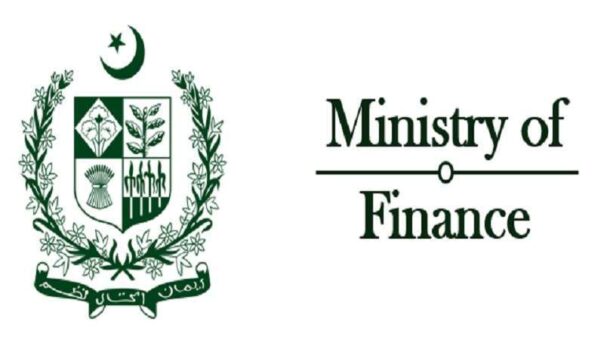Karachi, October 26, 2023 – Pakistan has announced a significant budget deficit of Rs 963 billion for the first quarter of the fiscal year 2023-24, highlighting the financial challenges the country faces.
Comparing this figure to the deficit of Rs 819 billion in the same period of the previous fiscal year, it is evident that the budget gap has expanded. However, there is a positive note when assessing the deficit in terms of its proportion to the Gross Domestic Product (GDP).
According to the ministry of finance, the deficit to GDP ratio for the period spanning July to September of the fiscal year 2023-24 decreased to 0.9 percent, a slight improvement from the 1 percent recorded during the same period in the previous fiscal year.
The estimation for the GDP size for the current fiscal year is Rs 105.82 trillion, a considerable increase compared to the previous fiscal year, which was valued at Rs 84.66 trillion.
In terms of revenue, the government reported total revenues of Rs 2.68 trillion for the first quarter, ending on September 30, 2023. This figure is further broken down into tax revenue, which amounted to Rs 2.22 trillion, and non-tax revenue, which was recorded at Rs 469 billion.
Federal tax collections reached Rs 2.04 trillion, with provincial tax collections contributing an additional Rs 175 billion. Non-tax revenue included Rs 435 billion from the federal government and Rs 34 billion from the provinces.
However, on the expenditure side, the government spent a total of Rs 3.65 trillion during the first quarter of the fiscal year 2023-24. Further examination of the expenditure revealed that the government allocated Rs 3.17 trillion for current expenditures, indicating day-to-day operational costs.
A significant portion of the budget, Rs 1.38 trillion, was dedicated to mark-up payments, reflecting the cost of servicing the country’s debt. The defense expenditure for the period amounted to Rs 343 billion, while Rs 343 billion was directed towards development projects.
The data illustrates the government’s commitment to maintaining its defense budget and servicing debt obligations, which continue to consume a significant portion of its expenditure. The increased budget deficit, while a concern, is partly offset by a lower deficit as a percentage of GDP. These financial indicators underscore the challenges that Pakistan faces in managing its fiscal affairs and achieving a balanced budget.
As the fiscal year unfolds, policymakers will need to consider strategies to bolster revenue generation, control expenditure, and foster economic growth to address the persistent budget deficit issue.
